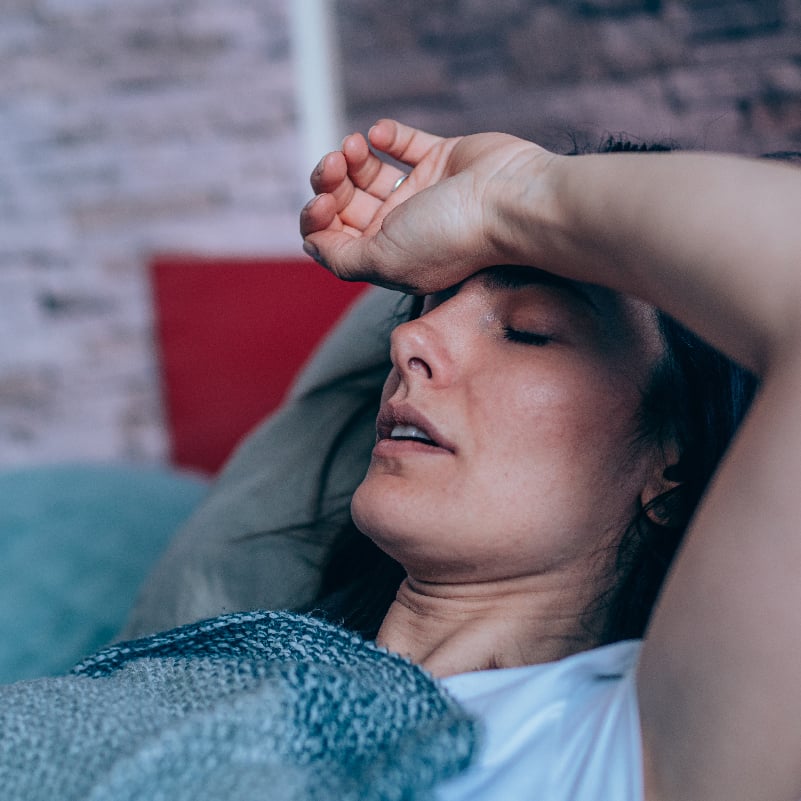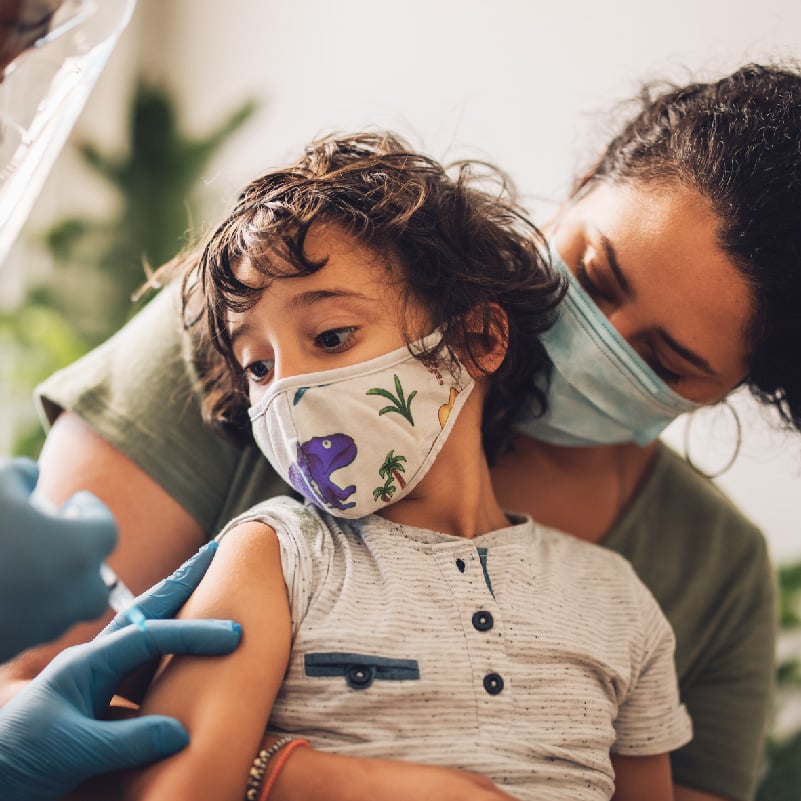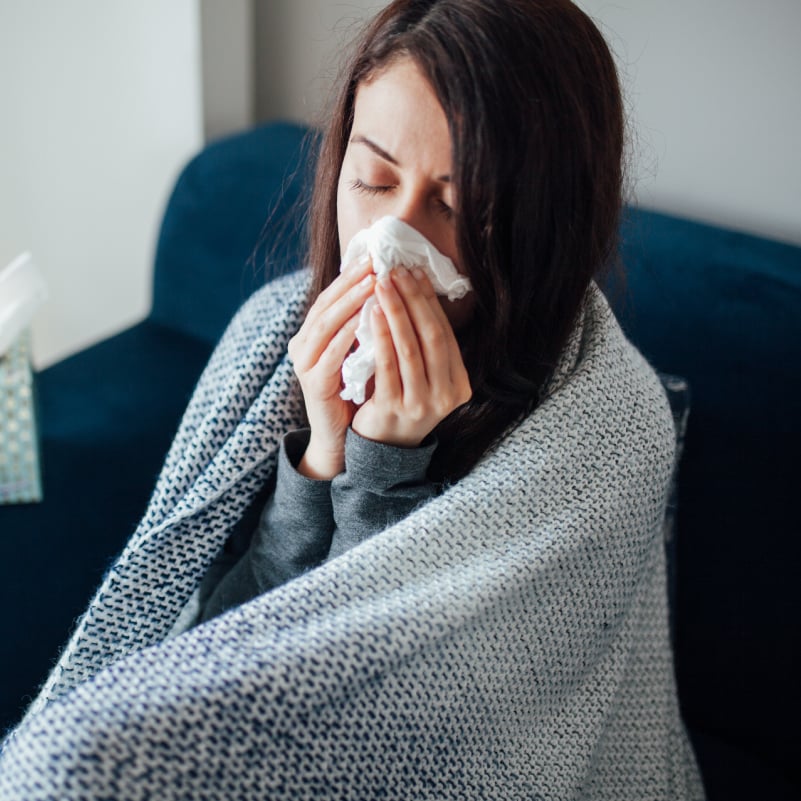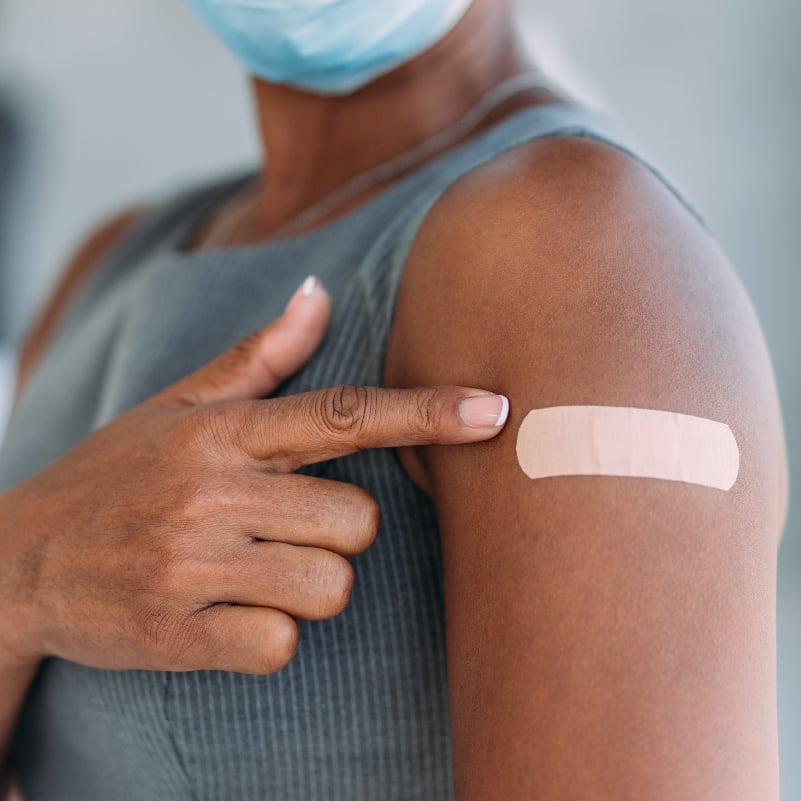With the recent FDA approval of the Pfizer-BioNTech COVID-19 vaccine and discussion of a 3rd dose of the vaccine, people who are living with heart conditions likely have questions about how this might affect them.
Edward Walsh, MD, an infectious disease specialist with Rochester Regional Health, provides some answers for those who may be concerned about the effects of the vaccine and their heart.
Is it safe for me to take?
Yes, all currently approved COVID-19 vaccines have been extensively reviewed by the FDA and passed the same guidelines and safety standards required of all vaccines.
The American Heart Association issued a statement in January, assuring heart and stroke patients that the vaccines pose no special risk to them and urging them to get vaccinated as soon as they could to protect their health.
Am I at a higher risk for vaccine side effects?
Heart patients are not at any higher risk for experiencing side effects after taking the COVID-19 vaccine compared to any other person.
Most people experience the same side effects for 24-48 hours after their second dose of the vaccine. Some of the symptoms include:
- Soreness at injection site
- Mild fever (100.4° or lower)
- Body aches
- Chills
- Nausea
What about myocarditis and pericarditis?
There are a very small number of cases involving people experiencing these rare conditions after receiving the Pfizer-BioNTech or Moderna vaccines.
Myocarditis is a condition that occurs when the heart muscle becomes inflamed; pericarditis is when the outer lining of the heart becomes inflamed. Both are caused by the body’s immune system responding to an infection.
As of late August, there were just over 1,300 reported instances of people having these conditions out of more than 177 million doses of the vaccine that were administered. Most of the cases happened in patients ages 30 and younger.
A study published August 25 in the New England Journal of Medicine found patients who tested positive for COVID-19 were at risk of developing myocarditis at the rate of 11 out of 100,000 people. The same study found people who were vaccinated had a much lower risk – about 1-5 per 100,000 people.
“While these heart conditions are concerning, the chances of this happening makes the risk extremely low,” Dr. Walsh said. “The risk of getting sick from COVID-19 and experiencing more serious symptoms is much higher than the risks associated with getting the vaccine.”
Is the Delta variant of more concern for me?
If you are vaccinated, there is not any evidence of the Delta variant posing an increased risk to your heart health.
If you are unvaccinated, studies show people with heart conditions are at a higher risk of experiencing more severe symptoms, hospitalization and death as compared to vaccinated people if they contract COVID-19.
“The best thing that any patient with a heart condition can do to protect themselves against COVID-19 is to get vaccinated,” Dr. Walsh said. “Wearing a mask when you are in indoor settings and washing your hands frequently also help to lessen the spread of the virus. These things can help together can cut back on your risk of getting COVID-19.”
What about my heart medications?
If you are concerned about specific medication(s) and how it may interact with the COVID-19 vaccine, call your doctor and consult with them before scheduling a vaccine appointment.








